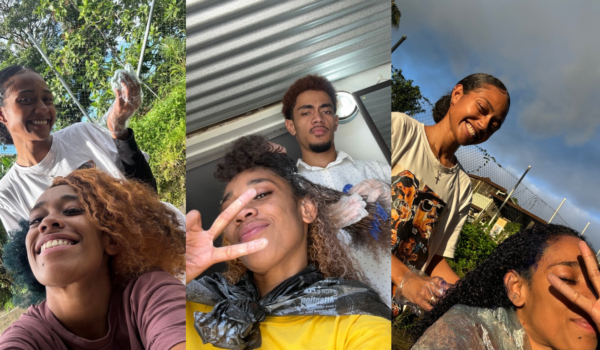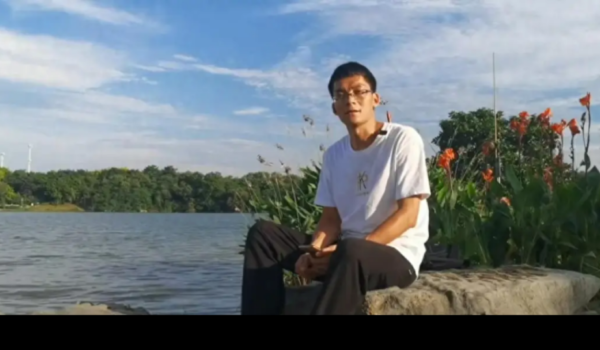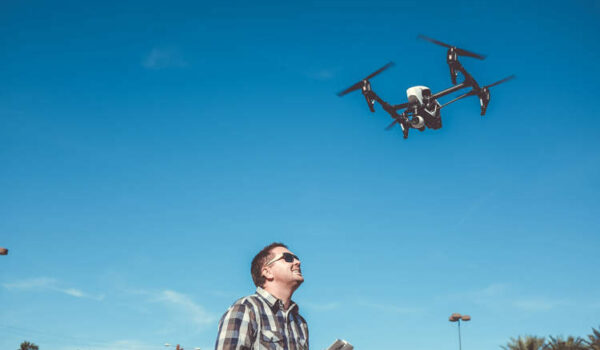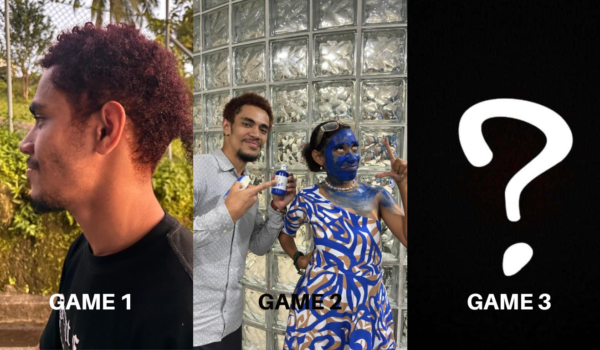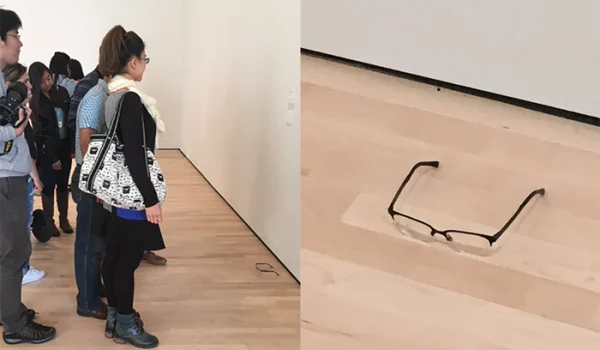By consuming protein powder and ingesting their own pee, two brothers in the Turkish city of Kahramanmaras were able to endure more than 200 hours under the wreckage of the Turkey-Syria earthquake.
According to the New York Times, Abdulbaki Yeninar, 21, and his brother Muhammed Enes Yeninar, 17, were rescued on Tuesday from beneath the crumpled concrete and metal of their crumbling apartment building.
Most persons who are still trapped in the rubble have little hope of surviving; depending on their condition, specialists believe that they may only have a week to live. The earthquake has resulted in more deaths than 41,000.
On February 6 at 4:17 a.m. local time, an earthquake with a 7.8 magnitude rocked Turkey and Syria, trapping the brothers under the debris.
According to The Times, the brothers shared out bodybuilding supplements among themselves and drank their own urine to stay alive. Ihlas News Agency, a local news outlet, captured footage of the two being carried into a hospital on stretchers while wearing breathing masks.
The youngsters were healthy, according to the media outlet. “I felt quite relaxed. I was certain I would be saved. I simply prayed “According to Abdulbaki Yeninar, Ihlas News Agency.
According to the Ihlas News Agency, the mother of the Yeninar brothers was carried to a hospital in the neighboring city of Kayseri two days before they were.
Tuesday saw the rescue of two more people from the ruins in the Turkish city of Antakya: a guy from Syria and a young woman, according to CNBC.
According to the World Health Organization, those who have been rescued are in urgent need of international humanitarian aid.
The World Health Organization’s head for Europe, Hans Kluge, stated in a press conference on Tuesday that “the demands are enormous and growing by the hour.” In both countries, there are almost 26 million people in need of humanitarian aid.
In addition, there are growing worries about new health issues related to cold weather, sanitation and hygiene, and the spread of infectious diseases, with vulnerable people being particularly at risk, the author continued.

